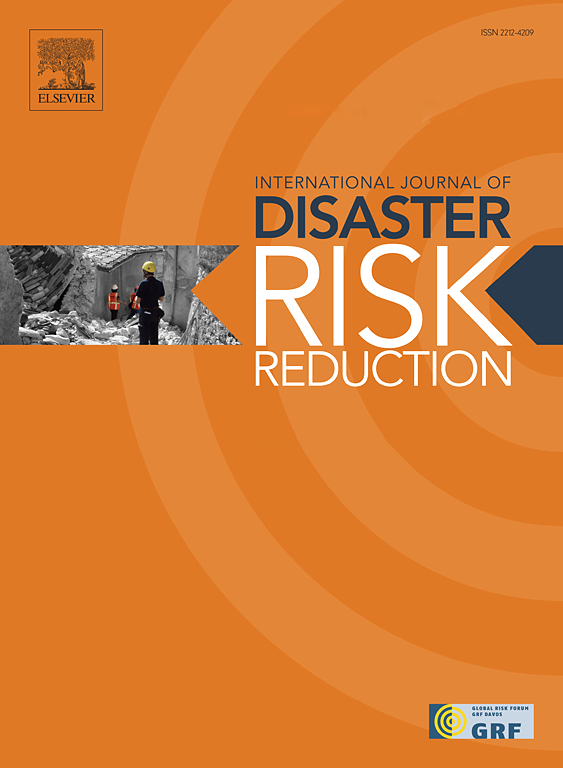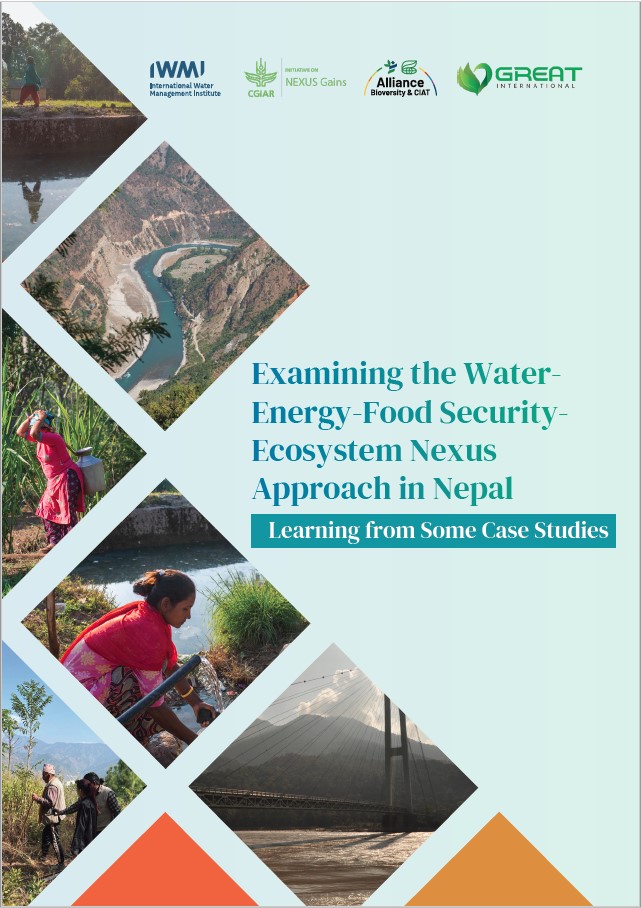Published online: June 2019,
Authors : Chandra Lal Pandey, Gyanu Maskey, Kamal Devkota, and Hemant Ojha
Pages: 1-9 (173-181)
DOI: 10.1089/sus.2019.0007
Vol. 12 no -3
Abstract
Achieving water security is one of the major global challenges in the age of climate change, urbanization, rapid population increase, and weak water institutions. Despite the proliferation of water institutions and policies at national and local levels, the slow response to address water scarcity remains a puzzle in Nepal. This study investigated the state of water insecurity in relation to institutional structures, particularly focusing at the local level in Nepal. A qualitative research approach was used in two case study cities: Dhulikhel in central Nepal and Dharan in the east. The study found that failing to achieve water security is not due to a lack of an abundant supply of physical water in the country; rather, the problem is more about resolving the institutional complexity resulting from the existence of multiple water institutions with overlapping and competing roles and responsibilities. The authors conclude that strengthening institutional capacity is the key, including some fundamental rethinking to ensure clearly articulated and complementary roles, responsibilities, and relationships.








